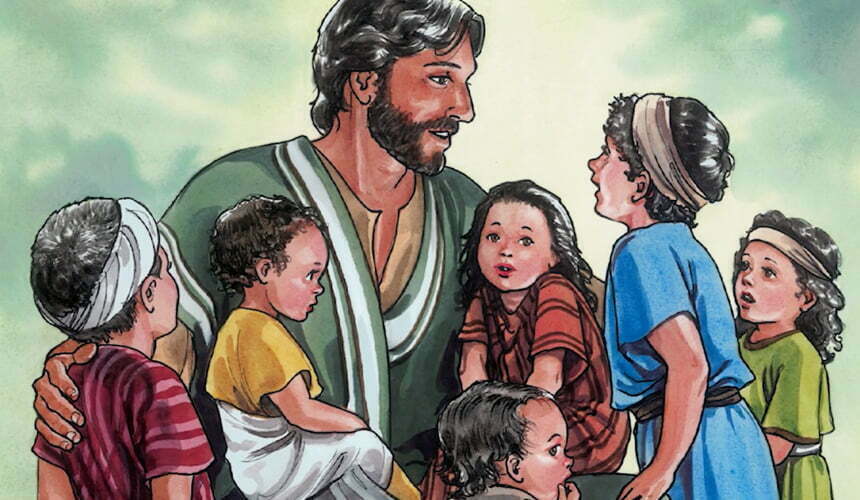

Binge-watching movies, mini-series, and shows during a global pandemic is something that nearly everyone participates in to pass the time. Our family is no different. We have consumed more stories over the past two months than we probably have over the past two years.
One common thread that I have seen between all these stories is the importance of the opening scene. The opening scene builds intrigue and sets the tone for the entire story.
If you were to take the passion week, the final week of Jesus’ life, and make it into a stand-alone story the opening scene would start with the triumphant entry. The opening scene would close with Jesus entering the temple. Imagine for a moment that you were watching this with no knowledge of who Jesus was.
The opening scene begins with a mob of people pushing their way to the middle of a crowded street. The anticipation is so thick it could be cut with a knife. People begin taking off their outer layers of clothing and lining the street with it while others are throwing down leaves and branches blanketing the street. Then the crowd bursts into a chorus shouting praises saying things like “glory to God” and “save us!” It becomes evident that this mob of persecuted people are desperate for someone to save them from their current state of oppression as they treat him like royalty.
Jesus finally enters the city of Jerusalem after cutting his way through the crowded streets. Matthew 21:10 says, “the whole city was stirred up. The people asked, ‘Who is this?’” Not everyone knew who Jesus was but they were all hungry for deliverance from oppression.
The opening scene closes out with Jesus entering the temple courtyard. In this scene, the intrigue continues to build. The person, Jesus, whom the oppressed mob of people praised acts out in violence as he destroys a marketplace within the temple.
Then something unexpected happens. What appeared to be a violent revolution takes a gentle turn as the antagonists of the story are revealed. This man, Jesus, is surrounded by the disabled and children in the temple.
The religious leaders inside the temple who had previously run to hide as Jesus destroyed the temple were watching in the shadows. This mysterious man, Jesus, begins to use miraculous powers to heal people with varying disabilities that came to him. Then in Matthew Chapter 21 verse 15, it says the religious leaders saw the “wonderful things he did.” As Jesus was performing miracles and doing “wonderful things” with the crowd of disabled people children begin to congregate around him shouting “glory to God!”
One would think that the religious leaders of the temple would rejoice too, but verse 15 closes out with these three words “they became angry.”

Were they angry because Jesus had destroyed their money-making schemes? Were they angry because of the “wonderful things” he was doing with the crowd people with disabilities? Were they angry because he was even associating with a crowd of people with disabilities? Were they angry because the children praised him inside the temple much like the stirred-up crowd outside the temple?
And the opening scene ends with an angry silent glare from the religious leaders standing in the shadows.
So much intrigue! So many unanswered questions! What will happen next?
Of course, we know the rest of the story.
Looking at this story in a new light helps me to see something that I hadn’t seen before.
We as ministry leaders and lay leaders are navigating uncharted territories. Disability ministry just a few months ago was considered an “emerging ministry” that was beginning to take shape. It was much like jello that was beginning to harden inside a jello mold. The global pandemic that we are all affected by has cracked that mold and the once semi-congealed substance called disability ministry has spilled out.
Has disability ministry been set back?
There are so many questions that remain to be answered. It is almost as if we are in the opening scene of the story of our time.
Disability ministry will continue to look different across the globe, but some similarities will no doubt remain. Here is a very shortlist.
Don’t discard the jello that has spilled out of the cracked mold. Embrace it. Continue to work with it. Shape it. Love it.


